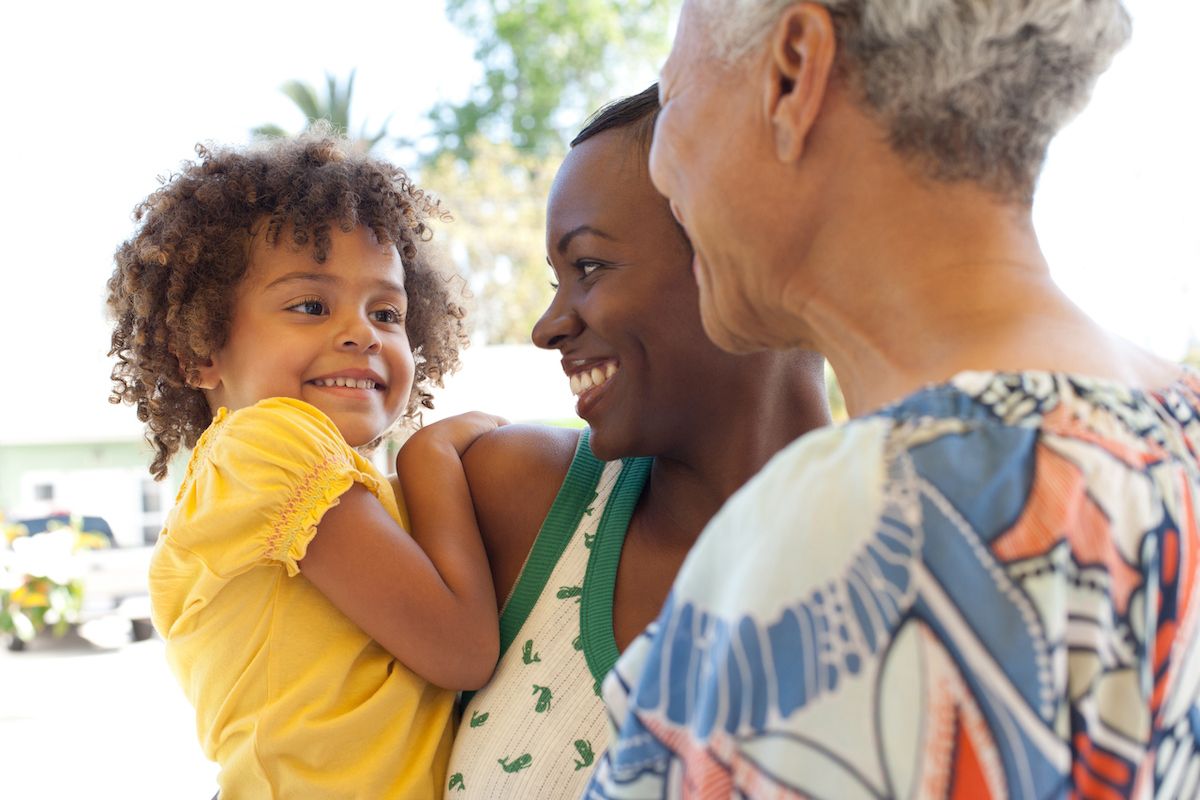Around two-thirds of GBA consumers would like to do more to protect themselves from critical illness
Only 18% of Macau respondents own a critical illness insurance plan
MACAU – Consumers in the Greater Bay Area (GBA) are worried about the growing gap between ever-increasing medical costs associated with critical illnesses and how they will pay for them, according to the inaugural Manulife GBA Health Protection Survey. The concerns have prompted many people to review their planning and preparedness, with some two-thirds of GBA respondents saying they would like to do more to protect themselves from critical illness, but they don’t know where to start.
As the longest continually operating life insurer in Hong Kong, Manulife aims to understand the protection needs of GBA residents around health and wealth through consumer surveys to promote healthier and longer lives in the communities it serves.
The Manulife GBA Health Protection Survey revealed that GBA residents are most worried about cancer as a critical illness. There is, however, a wide disparity in the anticipated cost of treating critical illnesses across the GBA. Taking cancer as an example, Macau respondents expect to pay only around MOP468,000, or 15 months of their average personal income for the associated cost[1] to treat cancer. This is in stark contrast to the rest of the region, where in the mainland GBA cities, the estimate is as high as 51 months of the average monthly personal income (CNY698,000). In Hong Kong, respondents expect to spend around 35 months of their average personal income (HKD1.07million) for treating cancer.
Despite the differences, the high estimated cost of treatment highlights the size of the protection gap affecting consumers across the 11 cities in the GBA, which includes Hong Kong, Macau and nine cities in mainland China. Macau (47%) and mainland GBA respondents (45%) are more confident about covering the cost compared to just one-in-eight (12%) people in Hong Kong. People in Macau who are confident about their personal finances cite having personal insurance (38%), a stable job (37%), and enough savings and being healthy (both 32%) as the reasons for the confidence.
However, the survey also found that only 18% of the Macau respondents have a critical illness insurance plan, which is much lower than those in Hong Kong (53%) and mainland GBA cities (52%). In case of a serious illness, 70% of the Macau respondents said their family members will be a source for paying their medical expenses, compared to 28% in Hong Kong and 44% in mainland GBA cities.
Insurance a way to close protection gap
“Concerns over ever-increasing medical expenses combined with inadequate financial planning present a protection gap challenge for the GBA. While the majority of the Macau respondents say their family will be a main source of funding for critical illness treatment, less than half are actually confident about paying for medical costs. This is particularly concerning given that the associated cost of treating a critical illness can be high, especially if a person cannot work during treatment and rehabilitation,” said Carrie Tong, Manulife’s Chief Strategy Officer for Hong Kong and Macau and Head of Macau Branch. “Critical illness is not a pleasant topic, but residents in the area must prepare for any eventuality, as not everyone can weather unexpected negative financial shocks.”
In Macau, interestingly, respondents are more worried about high blood pressure (29%) than cancer (27%), with liver disease (23%) more of a concern than heart disease and stroke (both 19%). In Hong Kong it is cancer (65%), stroke (41%), and heart disease (35%); mainland GBA cities respondents are worried about cancer (42%), heart disease (27%), and high blood pressure (25%).
In case of a medical event, around half of people in the GBA will use emergency savings (Macau: 52%; Hong Kong: 47%; mainland GBA 52%). If a person unfortunately suffers from a critical illness, 97% of people in Macau expect a family member to be a long-term caretaker compared to 79% in mainland GBA cities and 60% in Hong Kong.
Growing appetite for insurance protection
There is a demand for critical illness protection among the population in the GBA, with people looking to do more to protect themselves, but they don’t know where to start. Out of the respondents, people in Macau are the most eager (71%), followed by mainland GBA cities (69%) and then Hong Kong (62%). Many also expressed interest in buying new or additional health insurance if they can afford it. People in mainland GBA cities (85%) are the most interested, followed by Macau (80%) and then Hong Kong (65%).
On average, GBA respondents own 3 to 4 insurance solutions. The majority (84%) of the Macau respondents said that they are covered by health insurance. Yet, 80% of them show interest in investing in new or additional health insurance if they can afford.
As part of their effort to narrow the protection gap, the majority of GBA consumers are taking part in more physical activities to stay healthy. Despite more than a quarter (28%) of people in Macau perceiving themselves to be overweight, 44% said they have good physical health compared to 46% in mainland GBA cities and only 9% in Hong Kong. In Macau, 39% said their health management action involved improving their diet, such as eating less salt and sugar. In addition, consumers in mainland GBA cities also say that maintaining good mental health (40%) is their main health goal, significantly higher than Macau (31%).
“We have definitely witnessed an uptick in awareness among people in the GBA when it comes to purchasing health insurance in recent times. People are now starting to plan ahead, look after their health, and prioritize their physical and financial wellbeing. As a leader in health and protection, Manulife will continue to support people on their journey to better health and wealth by catering to diverse protection needs across the region,” Ms Tong added.
Manulife GBA Health Protection Survey
Conducted by NielsenIQ on behalf of Manulife, the survey fieldwork took place between December 16 and 30, 2022, in all the GBA cities – Hong Kong, Macau, Guangzhou, Shenzhen, Zhuhai, Foshan, Dongguan, Zhongshan, Jiangmen, Huizhou and Zhaoqing. The sample sizes were 1,000 in Hong Kong, 300 in Macau (residents only) and 225-300 in each of the nine mainland China cities.
[1] Associated cost covers treatment, rehabilitation, and daily expenses if a person cannot work
About Manulife Macau
Since its establishment 26 years ago, Manulife Macau has been offering a diverse range of insurance and pension products and services to help customers make decisions easier and lives better. At the end of 2022, Manulife has over 1,000 agents in Macau serving the protection and retirement needs of the community.
Manulife Macau is a branch of Manulife (International) Limited.
About Manulife
Manulife Financial Corporation is a leading international financial services provider, helping people make their decisions easier and lives better. With our global headquarters in Toronto, Canada, we provide financial advice and insurance, operating as Manulife across Canada, Asia, and Europe, and primarily as John Hancock in the United States. Through Manulife Investment Management, the global brand for our Global Wealth and Asset Management segment, we serve individuals, institutions, and retirement plan members worldwide. At the end of 2021, we had more than 38,000 employees, over 119,000 agents, and thousands of distribution partners, serving over 33 million customers. We trade as 'MFC' on the Toronto, New York, and the Philippine stock exchanges and under '945' in Hong Kong.
Not all offerings are available in all jurisdictions. For additional information, please visit manulife.com.
Media Contacts :
Jacqueline Kam / Sadie Lam
Manulife (International) Limited
Tel: (852) 2202 1284 / 2510 5429
Jacqueline_tm_kam@manulife.com /
Vicki Chan
Christian Family Service Centre
Tel: (852) 2950 5815 / 9869 8638









































